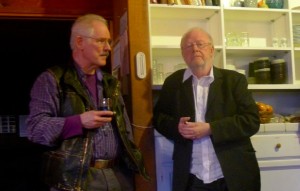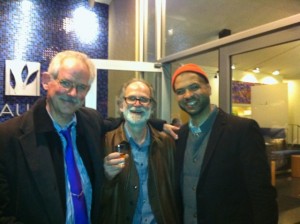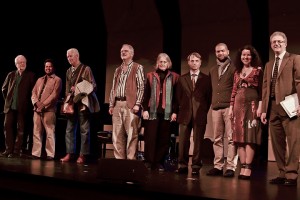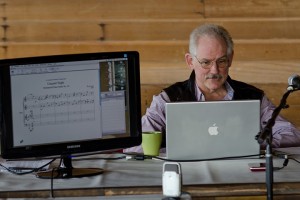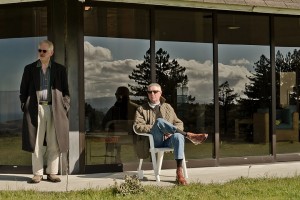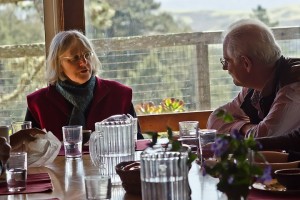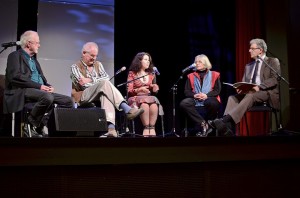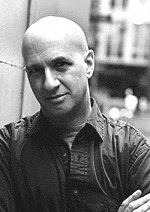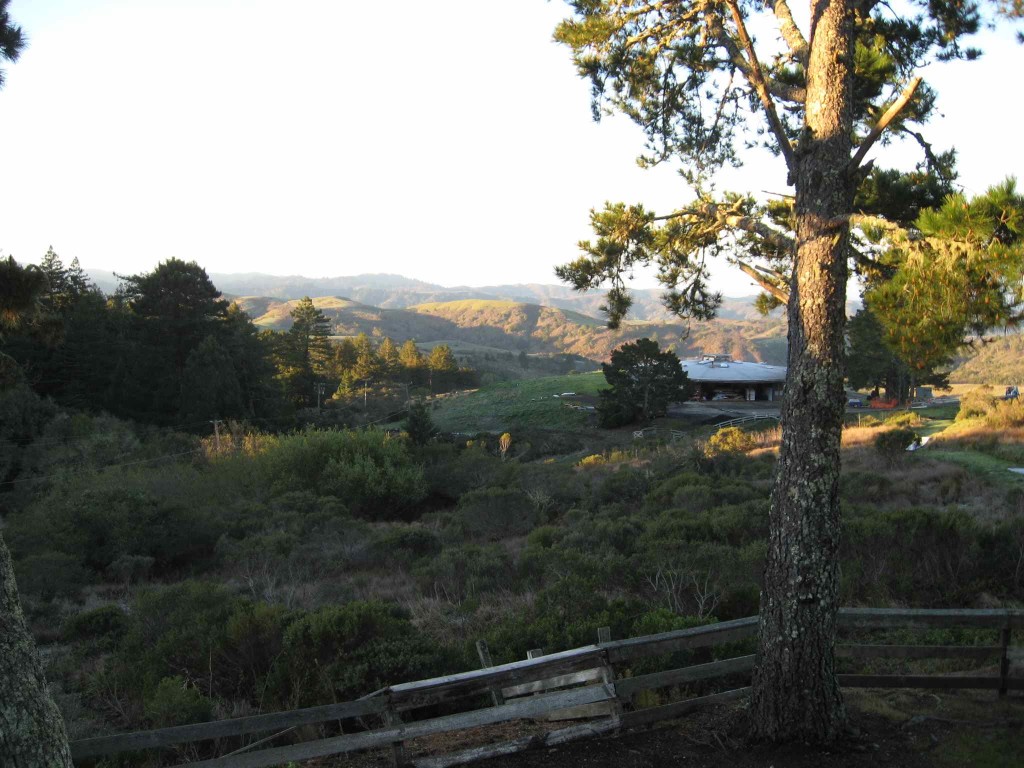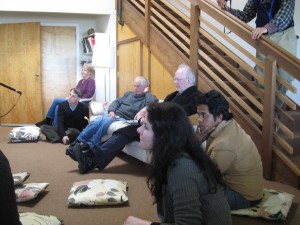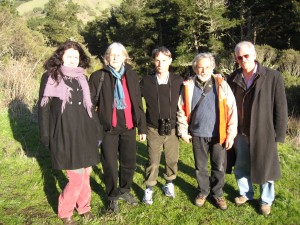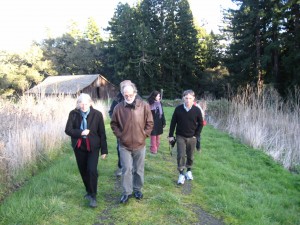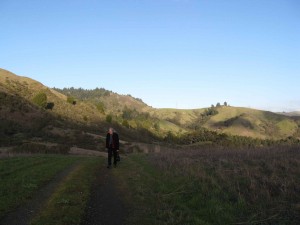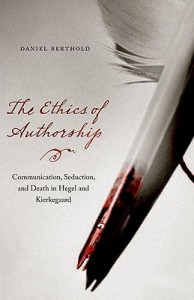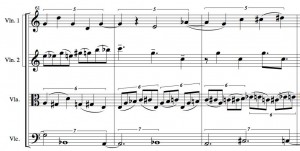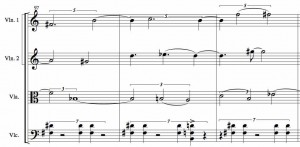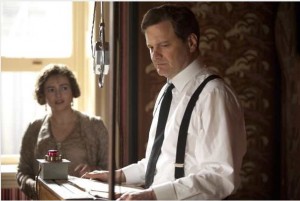Thanks to the good music faculty of Central Michigan University, I have a number of new recordings of my music up on my web site:
- Olana for vibraphone,
- New World Coming for bassoon and trio, and
- Minute Symphony (kind of a joke piece, a symphony in 80 seconds) for flute, clarinet, violin, and cello.
This was kindly intentional on composer Jay Batzner’s part; he programmed pieces that weren’t on my web site. Also, Contemporaneous’s recording of my string quartet
is now available, and with Pianoteq I’ve made a nice MIDI realization of my piece for piano four hands Implausible Sketches (2006), which I think is one of my best works, and which has yet to be premiered. The four movements are here:
The first movement in particular, “The Desert’s Too-Zen Song,” is what I think of as quintessential Gannianism. Altogether, it’s about 55 minutes of material not available before. Andrew Spencer plays Olana, MaryBeth Minnis plays the bassoon solo in New World Coming. I always thought bassoonists would pick up on the latter, as a rare jaunty chamber work for bassoon with small ensemble, but that hasn’t happened either. Almost all of my works are now publicly available in audio, with the major exceptions of my opera The Watermelon Cargo, my string quartet Hudson Spiral, and my theater piece Scenario (coming up this summer, I hope), and a few early works.

